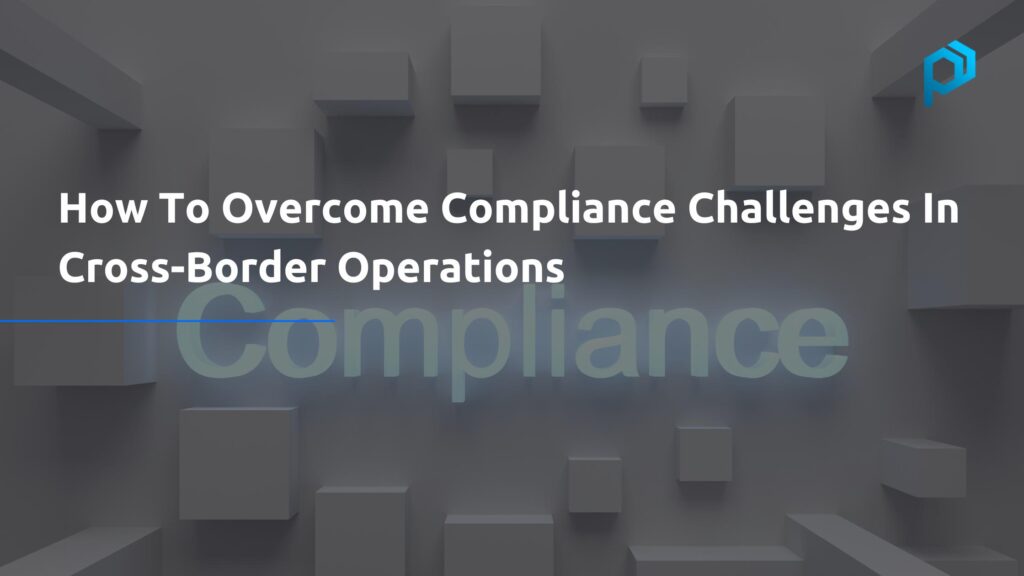How To Enhance Compliance Through Outsourced Legal Expertise
In today’s rapidly globalizing economy, businesses are often confronted with intricate compliance requirements, especially when expanding overseas. Leveraging outsourced legal expertise is proving to be invaluable in meeting these demands. Such expertise not only aids in navigating the labyrinth of international regulations but also in implementing effective business process management and automation strategies that ensure adherence to these rules.
Understanding Challenges Of Outsourced Legal Expertise Compliance
The modern business landscape, fueled by globalization, offers vast opportunities but also introduces legal challenges in international business expansion. Enterprises face diverse challenges, from adapting to local labor laws to deciphering varied taxation structures across countries. Moreover, cultural differences, trade tariffs, and intellectual property nuances further amplify the complexity. This intricate matrix of regulations can be daunting for many organizations, underscoring the importance of seeking expert guidance. Such guidance, whether from outsourced legal services or in-house specialists, is pivotal to navigating and overcoming these challenges, ensuring compliant and successful global ventures.
Common Compliance Challenges
Navigating the realm of international business brings forth several compliance challenges that organizations must address. A primary concern lies in payroll tax compliance, as variations in taxation regulations across countries demand rigorous understanding to prevent discrepancies like over or underpayment. Additionally, as businesses increasingly embrace technology and delve into business automation, it becomes crucial to ensure that these automated systems are in line with global standards. Above all, the lurking risk of non-compliance remains ever-present. Organizations that fail to interpret or adhere to regulatory requirements can face severe consequences, both in terms of financial penalties and damage to their reputation.
Strategies For Overcoming Cross-border Compliance Challenges
To adeptly navigate and overcome cross-border compliance challenges, businesses must adopt a multifaceted strategy. Initially, it’s essential to conduct comprehensive research and due diligence prior to any expansion. Gaining a deep understanding of the targeted market’s intricacies enables businesses to foresee and address potential compliance hurdles. Additionally, engaging with local legal and compliance experts, particularly through outsourced legal services, provides invaluable localized insights, ensuring alignment with regional norms and regulations.
Central to this strategy is the implementation of a robust compliance management system, streamlining and unifying all compliance-related endeavors. The importance of inter-departmental collaboration can’t be understated; developing cross-functional teams fosters a comprehensive approach to compliance, bridging potential knowledge gaps. To cap off this strategy, regular audits and updates to compliance practices are paramount. Such continual evaluations pinpoint vulnerabilities, allowing businesses to swiftly adapt and address these challenges head-on.
Data Privacy and Security Compliance
In today’s digital age, with rising data breaches, the urgency to adhere to global data privacy standards like GDPR is paramount. Navigating these standards can be intricate, making outsourced legal expertise invaluable. Such expertise not only helps organizations align with international regulations but also robustly safeguards user data, building trust and minimizing potential liabilities.
Importance of Ethical Compliance
Beyond mere legal adherence, today’s businesses must champion ethical compliance. This means not just following laws but also upholding a higher moral standard in all operations. Such commitment to ethics goes beyond legality; it’s about demonstrating integrity, fairness, and respect in all dealings. By doing so, businesses earn the trust of stakeholders, strengthening relationships and safeguarding against potential ethical pitfalls. In essence, ethical compliance ensures both reputational resilience and meaningful connections in a dynamic business world.
Future Trends and Technologies in Cross-border Compliance
The technological horizon is promising for businesses navigating cross-border compliance challenges. AI and machine learning are emerging as frontrunners, proactively analyzing and adapting to regulatory shifts, enabling businesses to stay ahead of compliance demands. Meanwhile, blockchain’s transparent and immutable nature is revolutionizing financial transactions, particularly in ensuring payroll compliance in cross-border settings. As we progress, we can also anticipate integrated global compliance platforms, harnessing cloud computing for real-time updates and unification of processes. These advancements collectively point to a future where handling cross-border compliance becomes increasingly efficient.
Conclusion
Tapping into outsourced legal expertise allows businesses to adeptly navigate the maze of international compliance, be it regarding payroll or data protection. As the business landscape continues to evolve, it’s essential for organizations to be proactive and well-informed, ensuring not just regulatory adherence but also ethical integrity. Whether you’re aiming to overcome compliance challenges or anticipate future hurdles, expert external guidance remains an invaluable asset.
How To Enhance Compliance Through Outsourced Legal Expertise Read More »



